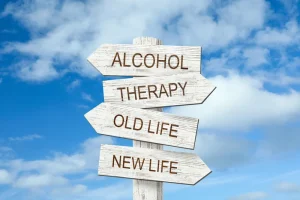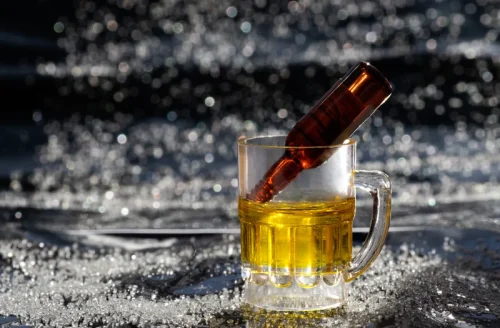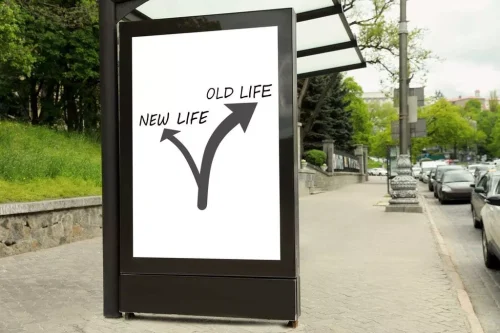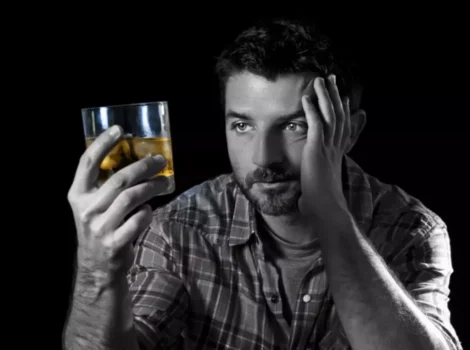
Symptoms can also include intense periods of withdrawal once you stop using alcohol. When is it common in society, it can be hard to tell the difference between someone who likes to have a few drinks now and then and someone with a real problem. The American Medical Association recommends a two-drink daily limit https://ecosoberhouse.com/ for people assigned male at birth (AMAB). Heavy drinking in this population is five or more drinks in one day or 15 or more drinks in a week. People assigned female at birth (AFAB) should limit drinking to one drink a day. Heavy drinking in this population is four or more drinks a day or eight drinks a week.

Does drinking three beers a day make me an alcoholic?
- Further research on neuromodulation (TMS), ketamine, psychedelics, and GLP-1 receptor agonists may increase patient and physician interest in AUD treatment.
- If a person is diagnosed with a mental health condition in rehab, he also has the option of getting dual-diagnosis treatment, which addresses mental illness and substance abuse.
- Treatment for alcohol addiction is individualized, so each person’s care plan will depend on their unique needs.
- Recovery can take a long time, so you may need ongoing treatment.
- Treatment may involve a brief intervention, individual or group counseling, an outpatient program, or a residential inpatient stay.
A similar procedure is already used in patients with Parkinson’s disease. But more animal studies, and human clinical trials, would be needed before this therapy could be used in humans with alcohol use disorder. This invasive treatment involves brain surgery, which has risks, so it would likely be reserved for those with the most severe, dangerous drinking habits. Intentionally can alcoholism be cured staying involved with addiction recovery support, also known as aftercare, can help minimize relapse. Recovery support could include formal aftercare programs facilitated by professional addiction services, informal relationships built in the community, and much in between. Many rehab centers will set patients up with aftercare as part of discharging them from a program.

Risks of Hypnosis

Download, read, and order free NIMH brochures and fact sheets about mental disorders and related topics. NIMH offers expert-reviewed information on mental disorders and a range of topics. Transforming the understanding and treatment of mental illnesses. Mark S. Gold, M.D., is a pioneering researcher, professor, and chairman of psychiatry at Yale, the University of Florida, and Washington University in St Louis. His theories have changed the field, stimulated additional research, and led to new understanding and treatments for opioid use disorders, cocaine use disorders, overeating, smoking, and depression. You also shouldn’t expect hypnosis to miraculously cure alcoholism.
- Since withdrawal symptoms tend to ebb and flow, you may be tempted to feel like you’re not making progress ― even though in reality, you’ve come a long way.
- You also shouldn’t expect hypnosis to miraculously cure alcoholism.
- Use these free education and outreach materials in your community and on social media to spread the word about mental health and related topics.
- As a person progresses in recovery, they may transition from one level of care to another.
- Many people with alcohol use disorder hesitate to get treatment because they don’t recognize that they have a problem.
Will I Relapse After Treatment?
The Division of Intramural Research Programs (IRP) is the internal research division of the NIMH. Over 40 research groups conduct basic neuroscience research and clinical investigations of mental illnesses, brain function, and behavior at the NIH campus in Bethesda, Maryland. NIMH supports research at universities, medical centers, and other institutions via grants, contracts, and cooperative agreements. Learn more about NIMH research areas, policies, resources, and initiatives.
Professional Help

Alcohol use disorder (AUD) is a health condition that is best assessed and treated by a health professional. In this section, learn more about AUD, the professional treatment options available, and why different people may take different routes to recovery. Dependency is often accompanied by certain mood or mental health conditions like depression or anxiety. Along with your treatment for AUD, you may need to seek medical care for other complications you experience.

- Similar to other chronic illnesses like asthma and hypertension, alcoholism is not a condition that goes away after treatment.
- Combined with treatment led by health care providers, mutual-support groups can offer a valuable added layer of support.
Symptoms and Causes
- The goal is to change the thought processes that lead to alcohol misuse and to develop the skills necessary to cope with everyday situations that might trigger alcohol misuse.
- We have new and better treatment options today because of what clinical trials uncovered years ago.
- Many rehab centers will set patients up with aftercare as part of discharging them from a program.
- Scientists are working to develop a larger menu of pharmaceutical treatments that could be tailored to individual needs.
- Support groups can be especially helpful when you’re going through treatment for AUD.
- Milder cases — when people abuse alcohol but aren’t dependent on it — are as well.
